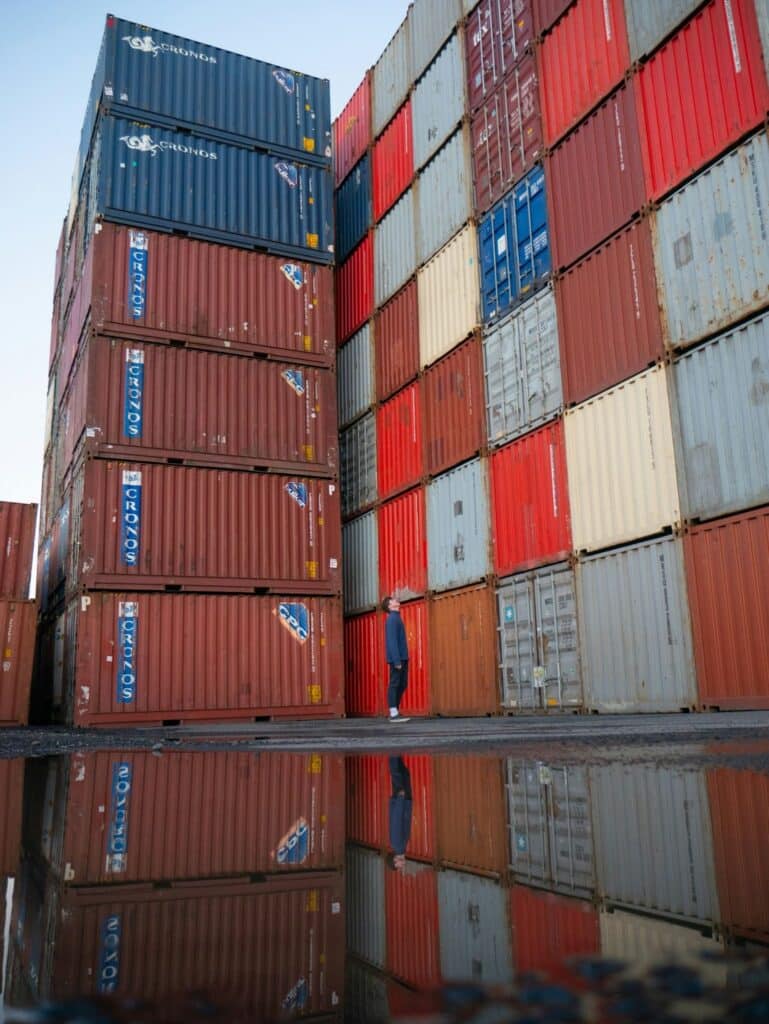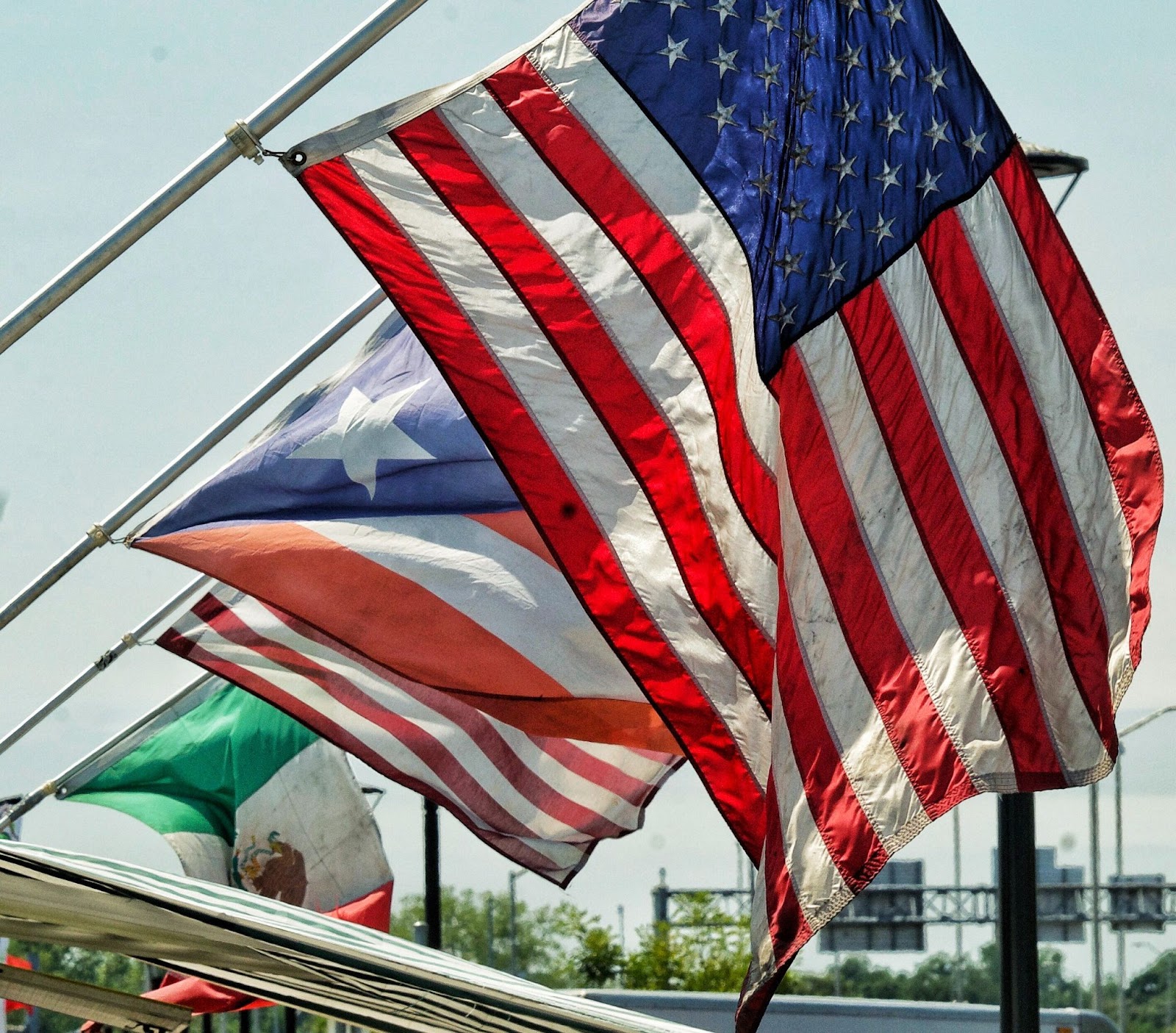Did you know that nearly 30% of international trade disputes stem from warranty-related issues? In international trade warranties serve as critical pillars of trust between buyers and sellers. These agreements assure buyers that their purchases meet specified standards of quality. Unfortunately, when exporters fail to honor these warranties, it can lead to significant disruptions, mistrust, and financial losses. Common issues include delays in addressing warranty claims, outright denial of responsibility, and the logistical complications of repairing or replacing defective products across international borders. By understanding these challenges, businesses can better navigate the complexities of international markets and protect their investments. As we delve deeper into the mechanisms of effective warranty claims and export warranty solutions, businesses are encouraged to adopt strategic approaches to minimize risks and enhance their operational stability in global trade.
What Is a Warranty and What Does It Typically Cover?
International export warranty is essentially a promise from the seller to the buyer that the goods or services provided will meet certain standards of quality and performance over a specified period. Warranties in exports are often categorized into two types:
- Express warranties, which are explicitly stated in the contract or agreement
- Implied warranties, which are legally assumed in many jurisdictions, even if not specifically articulated
Typically, these warranties cover:
- Defects in materials and workmanship
- Compliance with agreed specifications
- Durability for a set period
Engaging in effective warranty claims and understanding the nuances of export warranty solutions are integral practices for any business involved in international trade.
Legal Framework Surrounding Export Warranties
Navigating the legal framework surrounding export warranties is crucial for both exporters and importers to ensure clarity and security in international trade warranties.
International Laws and Agreements That Influence Warranty Terms
The terms of warranties and the recourse available in the event of a breach are significantly influenced by international laws and agreements, such as
the United Nations Convention on Contracts for the International Sale of Goods (CISG). This convention, for instance, provides a uniform framework that dictates how warranties should be handled across its signatory countries.
Importivity offers extensive support in navigating the complexities of international export warranty and trade compliance. Our services streamline the procurement and sourcing process, ensuring products meet agreed-upon quality standards.
For more detailed information on how Importivity supports warranty compliance in international trade, you can visit their website here.
Challenges in Warranty Claims with Exporters
Claiming warranties from exporters can be fraught with challenges that hinder effective resolution and customer satisfaction. Buyers often encounter obstacles such as:
- Ambiguity in warranty terms, leading to disputes over what exactly is covered and for how long
- Geographical distance, which complicates communication
- Legal and cultural differences affect how warranty claims are processed and resolved in different countries
To overcome these obstacles opting for a third party solution proves beneficial. Importivity plays the role of a middle man facilitating communication, logistics, inspections and quality checks. We are specialized in simplifying all the complex processes of trade.
Strategies to Ensure Exporters Honor Their Warranties
International Trade Agreements in Warranty Enforcement
International trade agreements play a pivotal role in protecting and enforcing warranty claims across borders. These agreements, such as:
- The North American Free Trade Agreement (NAFTA)
- Progressive Agreement for Trans-Pacific Partnership (CPTPP)
They establish legal frameworks that standardize the obligations of exporters and importers.
Utilizing Trade Agreements for Dispute Resolution
By aligning warranty standards and dispute resolution procedures, these treaties ensure that parties in different countries have a clear, consistent basis for addressing warranty issues. Leveraging these trade agreements helps companies navigate the complexities of international commerce.
Importivity assists businesses in navigating the challenges associated with warranty claims in international trade by leveraging our extensive experience in product sourcing and supply chain management. We focus on ensuring that products sourced through our services meet the required specifications and quality standards, which is crucial for minimizing warranty disputes.
Preventive Measures to Avoid Warranty Disputes
To avoid disputes over warranties in international trade, taking proactive measures before finalizing a purchase is crucial.
- It starts with a thorough understanding and documentation of warranty terms. This includes specifying the process for lodging claims and the remedies available if the goods do not meet the agreed-upon standards.
- Detailed documentation of these terms, often vetted by legal counsel, can prevent misunderstandings and provide a solid basis for resolution.
- Conducting research on the exporter’s history and reliability, perhaps by reviewing past client testimonials or third-party ratings, can further secure warranty claims.
Implementing these steps minimizes the risks of dispute.
Importivity helps businesses by ensuring quality assurance and compliance with international trade standards. We assist in documenting and clarifying warranty terms to ensure all parties understand their rights and obligations clearly. We also offer legal and compliance advice to align warranty terms with international regulations, further minimizing potential conflicts.
Takeaways
Securing warranties in international trade is essential for protecting investments and ensuring the reliability of future purchases. A robust warranty not only safeguards your rights as a buyer but also fortifies trust and stability in business relationships with exporters. Key to this process is understanding the legal frameworks that govern international warranties, conducting thorough pre-purchase research on exporters, and negotiating clear warranty terms that are enforceable across borders. Utilizing resources like Importivity can also enhance your ability to manage these processes efficiently. We offer crucial support in quality assurance, compliance with trade laws, and dispute resolution, which can significantly reduce the risk of warranty disputes. As global trade continues to evolve, maintaining strong, transparent, and legally sound relationships with exporters is more important than ever.




